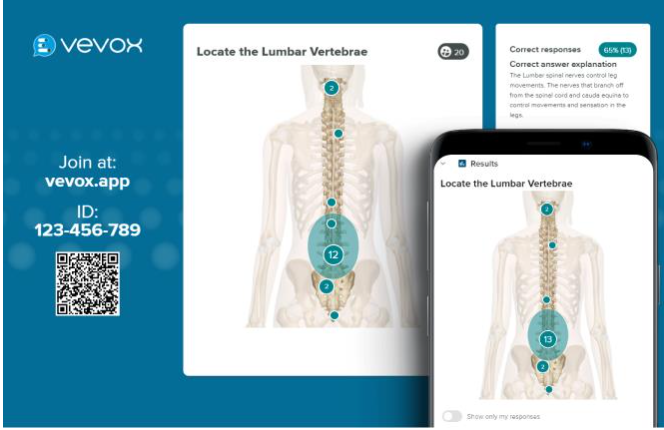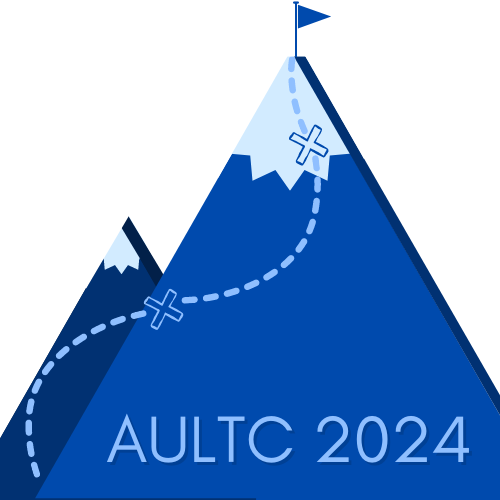
Happy New Year!
On Wednesday 18 December, the Learning and Teaching Enhancement Unit hosted an online mini conference taking a look at Blackboard Exemplary Practice. With over 40 attendees, and 5 sessions, it was one of our biggest mini conferences.
The materials from the event are now available on our webpages.
We were delighted to welcome Carol Chatten from Edge Hill University and Robert Farmer from Northampton University to showcase their award-winning courses.
Carol’s course is designed for medical professionals completing their placements. Robert’s course introduced undergraduates to critical thinking skills. Both courses have been awarded Blackboard’s Exemplary Course Programme Award.
We were then joined by Dom Gore and Richard Gibbons from Anthology (Blackboard). They gave an overview of the new developments that are coming in Blackboard, as well as introducing attendees to the new AI Conversations tool. We have enabled AI Conversations and have updated our Blackboard AI Design Assistant training. Take a look at our blogpost for further information.
Finally, Law and Criminology’s Lauren Harvey, and School of Education’s Panna Karlinger gave tours of their exemplary courses. Both submitted applications to last year’s Exemplary Course Award. The deadline for 2025 is Friday 31 January 2025. Further information is available on our blogpost.






